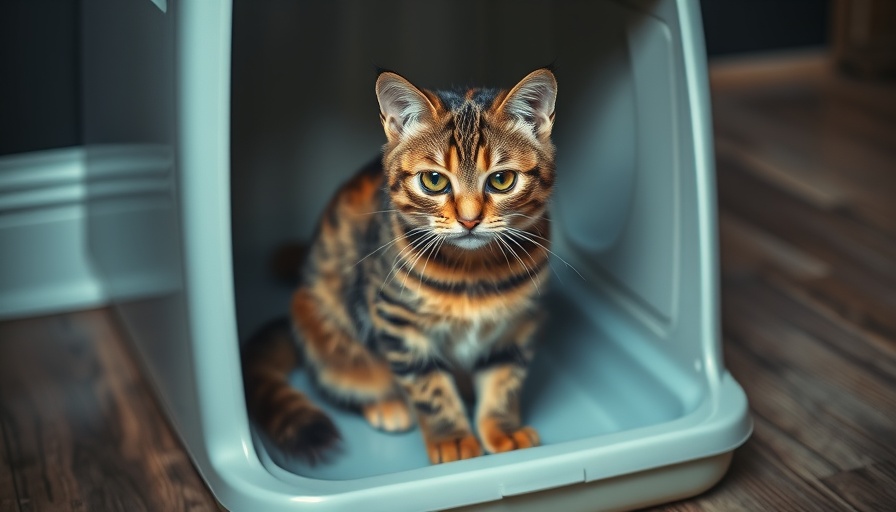
Understanding Cat Allergic Reactions: What You Need to Know
Cats, much like humans, are susceptible to allergic reactions, a condition that can escalate swiftly if left unaddressed. The feline immune system often misidentifies certain everyday substances (allergens) as threats. Upon exposure, it launches a defense response that can manifest in various ways—from a simple itch to potentially life-threatening symptoms requiring urgent veterinary care. Being a responsible pet parent means being aware of these reactions and acting promptly.
Common Triggers for Allergic Reactions
Allergic reactions in cats can be triggered by a range of substances, including insect bites, certain foods (like beef and chicken), environmental factors such as pollen and dust, and household chemicals. Identifying these allergens is crucial. In many cases, the specific cause may remain elusive, which underscores the importance of professional vet consultations if your cat displays concerning symptoms.
Seven Signs of Cat Allergies: Stay Alert!
Familiarizing yourself with the signs of allergic reactions can help you act swiftly. The following seven symptoms are key indicators that your feline friend might be having an allergic reaction:
- Itchy Skin and Scratching: Known as atopy or atopic dermatitis, this is often the first sign. Cats will scratch excessively, resulting in hair loss, redness, and the risk of skin infections.
- Sneezing and Nasal Discharge: Sneezing, along with discharge from the eyes or nose, can indicate a respiratory allergy. This might be seasonal, so noting when these symptoms appear is important.
- Vomiting and Diarrhea: Often linked to food allergies, these digestive symptoms can be severe, sometimes leading to dehydration.
- Facial Swelling: Recognizing swelling around the face, especially the eyes, can be a red flag for immediate attention.
- Respiratory Distress: Labored breathing indicates a severe allergic reaction that requires immediate medical intervention.
- Pale Gums and Collapse: These serious symptoms signal a systemic reaction, often calling for emergency veterinary assistance.
- Seizures: Although rare, they can indicate severe allergic reactions and must be treated as a medical emergency.
The Importance of Prompt Action
If you notice any combination of these symptoms, seeking veterinary advice promptly is crucial. Delaying treatment can lead to complications or worsen your cat’s condition. Vets may recommend antihistamines, steroids, or other medications to mitigate the symptoms effectively.
What Can Pet Parents Do?
As pet parents, it’s essential to create a safe and healthy environment for your cats. Regular vet check-ups can help pre-emptively address potential allergies and keep your feline friend healthy. Additionally, when introducing new food or products, do so gradually, observing for any adverse reactions.
Creating Allergy Awareness in Your Community
Raising awareness about cat allergies can foster a culture of care and safety among pet owners. By sharing your experiences, you can help others recognize the importance of identifying and responding to these reactions. Consider organizing pet health workshops at local community centers or veterinary clinics to promote education on this topic.
Engage with Experts
Don’t hesitate to engage with veterinary professionals to gain further insights and guidance. Chewy’s vet team offers on-demand support for various pet health concerns, helping ensure that you have immediate access to expert advice.
Final Thoughts and Action
Recognizing the signs of an allergic reaction in your cat can mean the difference between a swift recovery and serious health complications. As a pet parent, the responsibility lies in your hands to observe, act, and provide your furry companion with the quality care they deserve. Ensure to regularly check in with your veterinarian and remain proactive in managing potential allergies. Together, we can create healthier, happier lives for our feline friends.
If you're concerned about your cat’s health or want to learn more about how to manage allergies effectively, reach out to your local vet or chat with Chewy’s vet team for personalized guidance!
 Add Row
Add Row  Add
Add 


Write A Comment